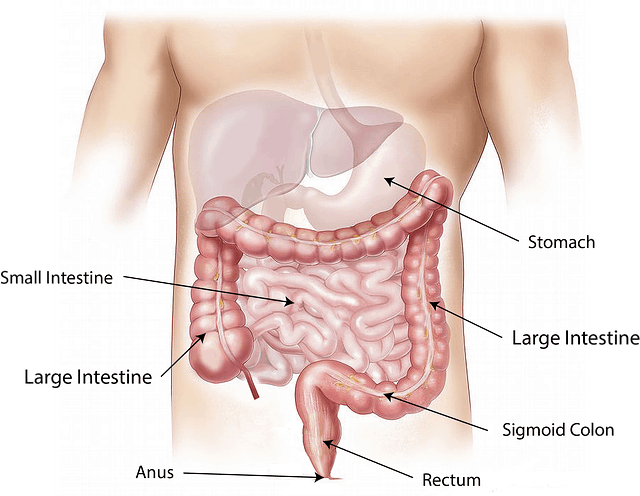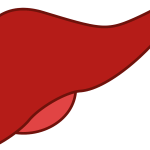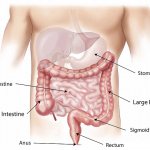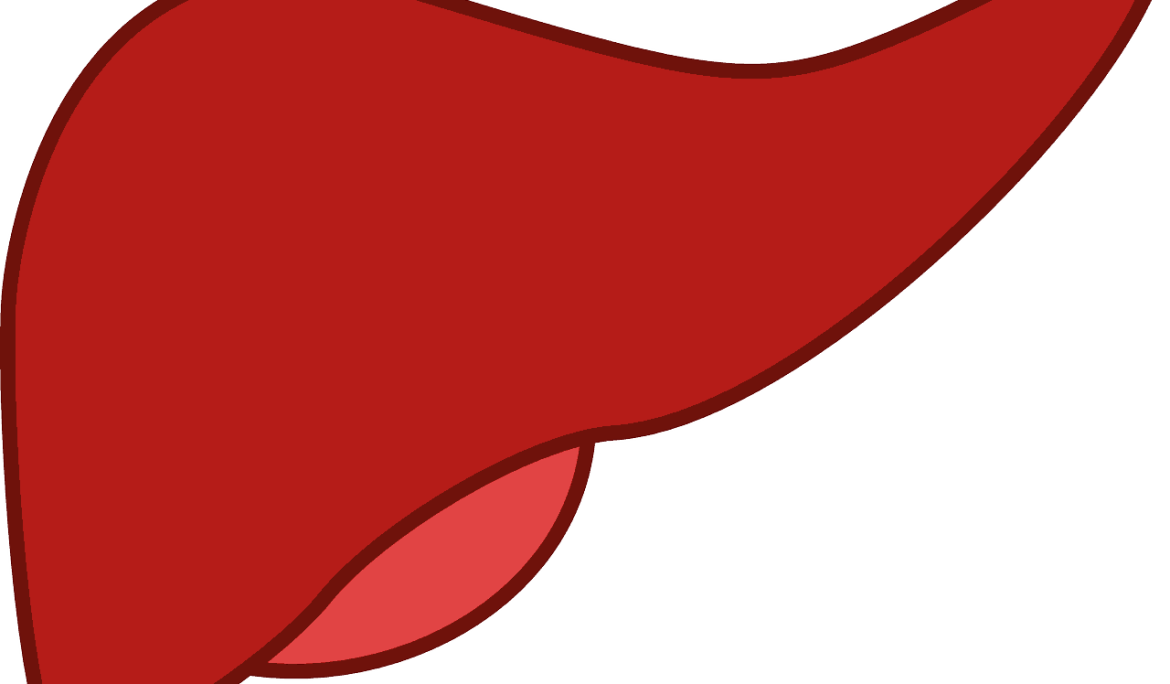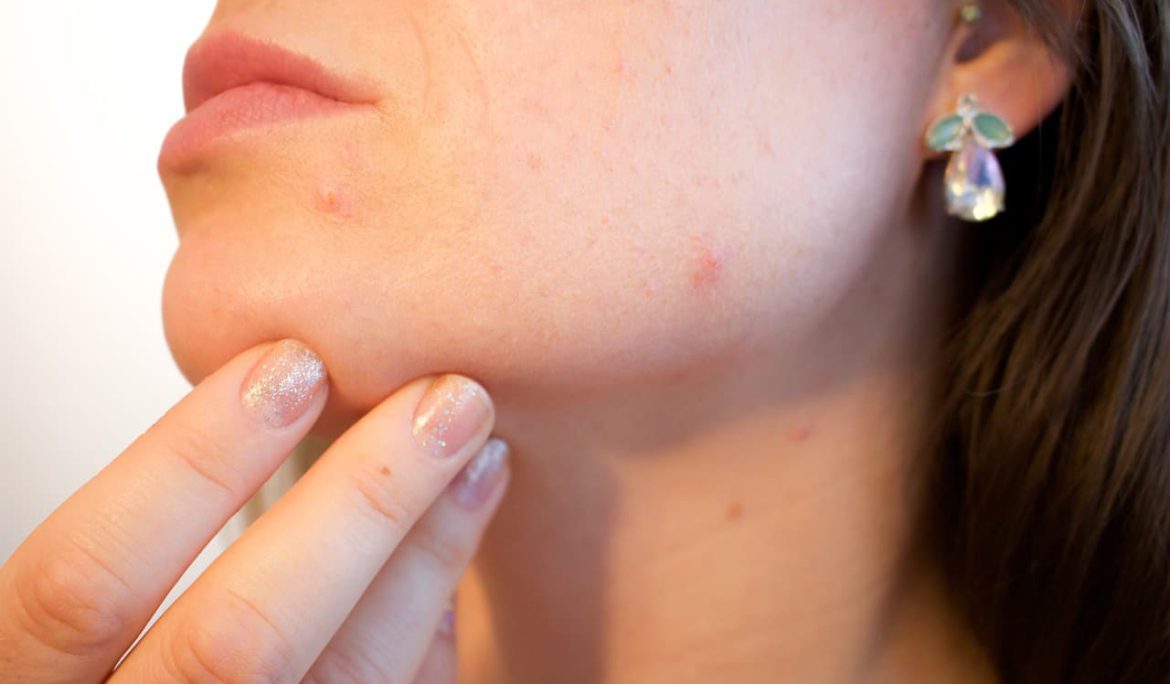Anal fissure is a small tear in the thin, moist tissue (mucosa) that line the anus. Anal fissure may occur when you pass hard and large stools, constipated and straining during bowel movements. Anal fissure might also occur due to chronic diarrhoea, anal intercourse or during child birth. Individuals with anal fissure often presents with pain, during bowel movement or pain that persist for few hours after bowel movement. The patient might experience bright red blood on the stool or toilet paper after bowel movement. Sometimes a visible crack in the skin around the anus or small lump or skin tag on the skin near the anal fissure.
There are several risk factors that may predispose people from developing any fissure such as constipation secondary to straining during bowel habit. Childbirth as result of tears in the perineum when the head growns through the introitus of the vagina. Anal intercourse have been implicated in causing anal fissure. Crohn’s disease which is the inflammatory bowel disease causing chronic inflammation of the intestinal tract, which might make the lining of the anal canal more vulnerable to tearing. Anal fissure can occur at any age but are common in infants and middle-aged adults. You may be able to prevent an anal fissure by taking measures to prevent constipation or diarrhoea. Eat high-fiber foods, drink fluids and exercise regularly to keep from having to strain during bowel movements.
The diagnosis of anal fissure involves doing a bed side assessment of the peri-anal and anal cavity by examination often using an index finger and observing for any cracks around the anus. Anoscopy can be used for a detailed evaluation of the anal cavity. Treatment can either be surgical, where a simple operation can be done or non-surgical where medications can be used. Failure to proper treatment, complications can occur which includes recurrence, an anal fissure that fails to heal within eight weeks is considered chronic and may need further treatment. A tear that extends to surrounding muscles making it more difficult to heal.
Finally, several lifestyle changes may help relieve discomfort and promote healing of an anal fissure as well as prevent recurrences. Eating about 25 to 30 grams of fiber a day can help keep stools soft and improve fissure healing. Drinking adequate fluids help prevent constipation. Avoid straining during bowel movements. Dr. Makemba Shayela Nelson – MBChB – University of Kwazulu-Natal, Durban, South Africa. Nesha Medical Practice.




